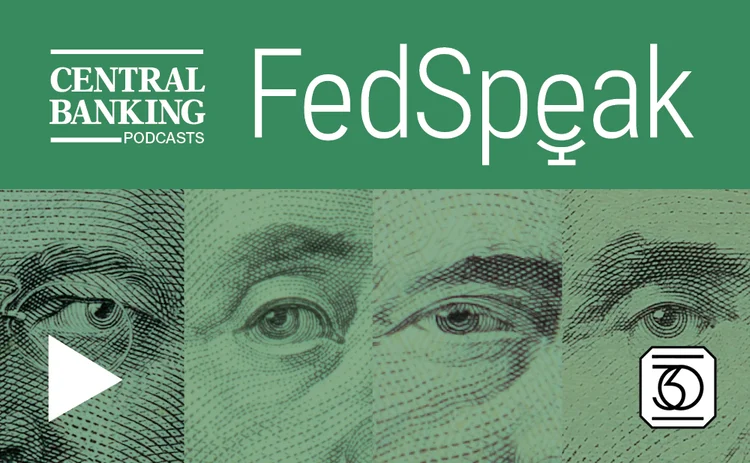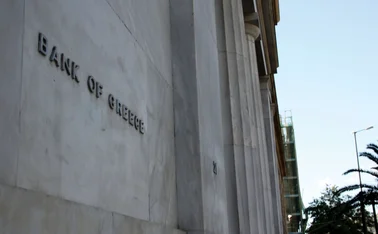
Podcast: An interdisciplinary approach to Covid-19 surveying
FedSpeak talks with the Minneapolis Fed’s Abigail Wozniak on her new real-time survey

Trying to understand the impacts of the Covid-19 crisis has created a challenge for the research world, pushing its diverse set of disciplines to better co-ordinate datasets and collaborate on ideas.
This is what Abigail Wozniak, the director of the Federal Reserve Bank of Minneapolis’ Opportunity and Inclusive Growth Institute, has been doing in recent weeks to produce a new real-time survey – the Covid Impact Survey.
Wozniak has been reaching out to social scientists and epidemiologists to design a survey to help better understand the financial, physical and mental heath effects of the virus. It may be somewhat unusual work for a central bank economist, but it is at the core of what the institute was designed to do.
The first round of results will soon be available through the Covid Impact Survey website.
“Policy-makers would be able to use this to make more refined opening and closing decisions,” she tells Central Banking, referring to the lockdown measures imposed to fight the spread of the virus. She adds that the results could also help “target relief more quickly and efficiently”.
Wozniak also wants to use the results to explore the intersection between financial, physical and mental health. It could be “useful for crafting more creative, more context-appropriate policies”, she says.
She discusses why the effectiveness of government statistics agencies and more traditional means of gathering data may be limited due to the unique information requirements the Covid-19 crisis has created.
An interdisciplinary approach to research
The interdisciplinary approach is at the heart of the Opportunity and Inclusive Growth Institute. Launched in 2017, under the leadership of president Neel Kashkari, it aims to improve policy-makers’ understanding of the health of the economy through lenses that are neglected by some economists.
“The last several decades of changing inequity in the United States… has really changed the kind of expertise that policy-makers need to have in order to understand how the economy is functioning for everyone,” Wozniak says.
The institute attempted to broaden its expertise by forming connections to researchers in areas such as social science, who are focused on topics such as disparity and diversity in society. A key component is to make the new research more accessible to a wider set of policy-makers than those solely within the Federal Reserve System, Wozniak explains.
Index
00:00 Introduction
01:45 The Opportunity and Inclusive Growth Institute
08:45 Surveying Covid-19
19:00 How policymakers might use the findings
23:03 An interdisciplinary approach
16:59 Examining counterfactual outcomes
31:49 Implementing the survey
To hear the full podcast, listen in the player above, or download. Future podcasts in our CB On Air: FedSpeak series will be uploaded to centralbanking.com. CB On Air is also available via iTunes or podcast apps and from Google Podcasts (Android only).
Only users who have a paid subscription or are part of a corporate subscription are able to print or copy content.
To access these options, along with all other subscription benefits, please contact info@centralbanking.com or view our subscription options here: http://subscriptions.centralbanking.com/subscribe
You are currently unable to print this content. Please contact info@centralbanking.com to find out more.
You are currently unable to copy this content. Please contact info@centralbanking.com to find out more.
Copyright Infopro Digital Limited. All rights reserved.
As outlined in our terms and conditions, https://www.infopro-digital.com/terms-and-conditions/subscriptions/ (point 2.4), printing is limited to a single copy.
If you would like to purchase additional rights please email info@centralbanking.com
Copyright Infopro Digital Limited. All rights reserved.
You may share this content using our article tools. As outlined in our terms and conditions, https://www.infopro-digital.com/terms-and-conditions/subscriptions/ (clause 2.4), an Authorised User may only make one copy of the materials for their own personal use. You must also comply with the restrictions in clause 2.5.
If you would like to purchase additional rights please email info@centralbanking.com








